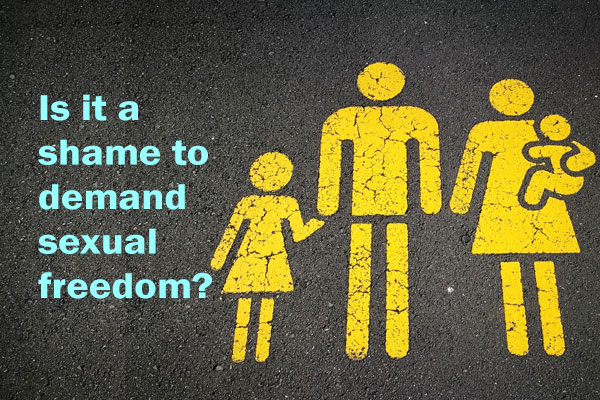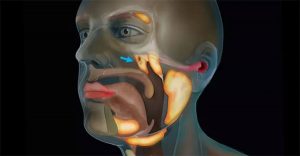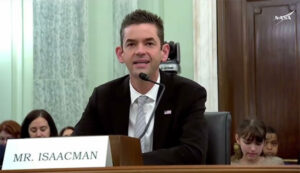
The words democracy and freedom are one and the same. But why is not the relevance of this freedom to sex, the biological impulse that contributes to the survival of the species? Has been questioned in various ways in the past.
In particular, the “concept of human emancipation” that has been active since the 1960s has been commonly referred to as a socially treacherous act, but the United Nations World Conference on Human Rights in 1993 recognized that there was “some basis” in this voice rising with the evolution of human thought. A charter of rights was drafted.
It was later released as the International Planned Parenthood Federation’s Declaration on Sexual Rights. It provided a detailed identification of human sexual and reproductive rights in the context of a lack of formal attention to the subject.
It seeks to protect and respect the right of all individuals to sexual liberty and the promotion of sexual health.
It also focuses on freedom of sexual rights, equality, individuality, liberty, and dignity. It also focuses on a systematic plan to allow human sexuality to be achieved in a respectful manner to each other without the illicit, unjust acts of rape, abuse, extortion, and adultery.
It is a well-known fact that in Victorian society in the past, the sole purpose of sexual activity was to breed their own species. But in the history of the ancient Indian state hierarchies, the originators of our cultural current, there is evidence that it existed as a collection of several completely different objectives. There is ample evidence that ancient kings as well as diplomats established sexual existence according to their caste and regime.
There is evidence that there was a gender-based curriculum as well as urban sobriety professionals who had made academic contributions to it, as well as those who enjoyed diplomatic privileges and positions.
Needless to say, the sole purpose of their association here was not to breed the species. It is no secret that sexual intercourse is a means to an end for stressful situations such as sexual pleasure, arousal, intimacy, and anxiety.
Nowadays, sex has become a special essential element of the personality of every human being in every society. Furthermore, the Charter for the Protection of Human Rights defines that individuals should have the freedom to experience sexuality in different ways, and that it should be an integral part of their daily lives, such as eating and sleeping.
It makes it safer for any kind of consensual or non-consensual sexual activity, as well as for heterosexual acts. And approval is thus open to all adults.
It has now been realized that sexual arousal, which can only be obtained by an animal with a complex disposition, such as man, is psychologically extremely important. It is now becoming clear that if there is a will, it is not a matter of disgust or surprise or opposition.
Ethical systems of sexual hypocrisy in human civilization seem to have crumbled over time with the proclamation of this charter. .
In addition, under the modern concept of social equality, all social rights have been inherited from the gender, heterosexual and transgender people (LGBT) who were previously thrown into the social trash can. Like perversion, adultery does not fall under the theme of sexual freedom.
Psychologists, meanwhile, have shown evidence that a significant portion of the world’s population adheres to a variety of religious beliefs and traditions, and that lack of sexual arousal and lack of experience can lead to post-traumatic stress disorder.
In such an era, the above Charter, as amended in 1993, is only the beginning of a systematic process to protect sexual rights and sexual liberty. Therefore, it should no longer be a matter of shame.






